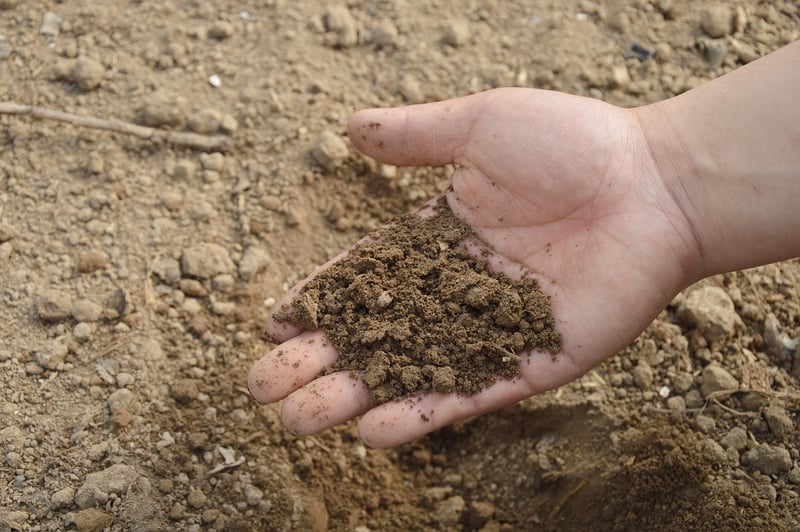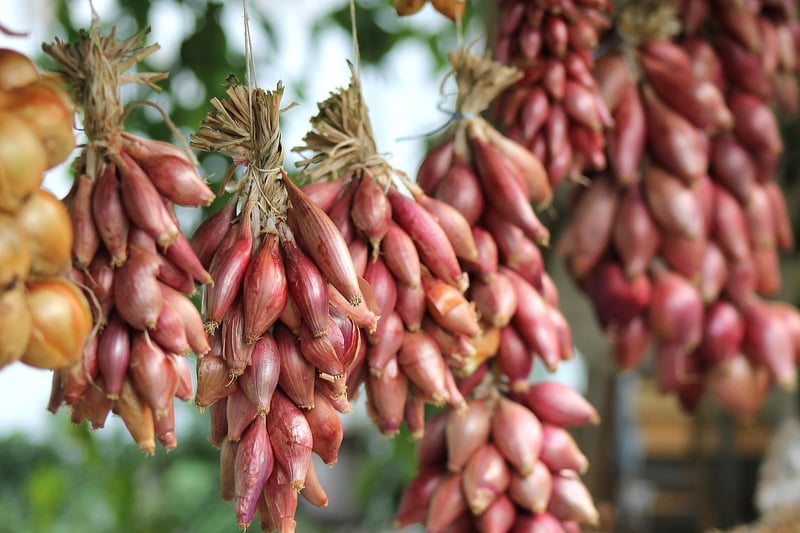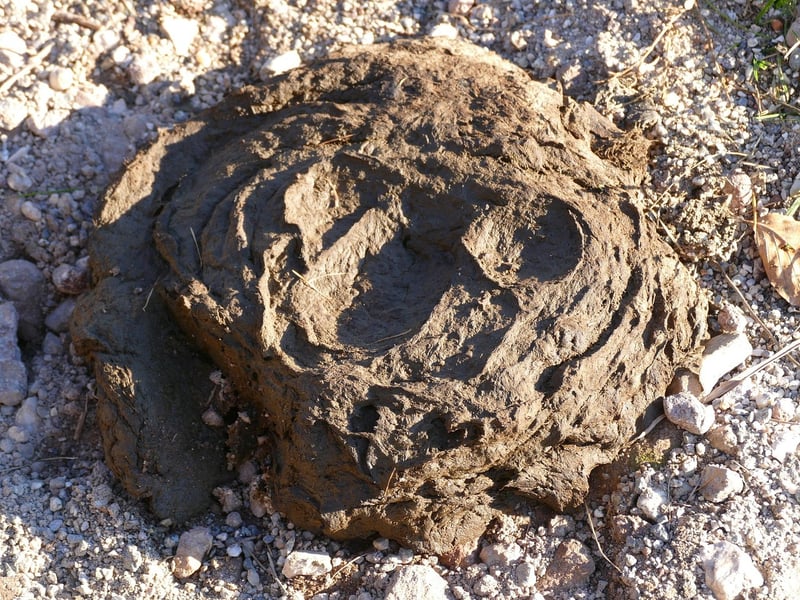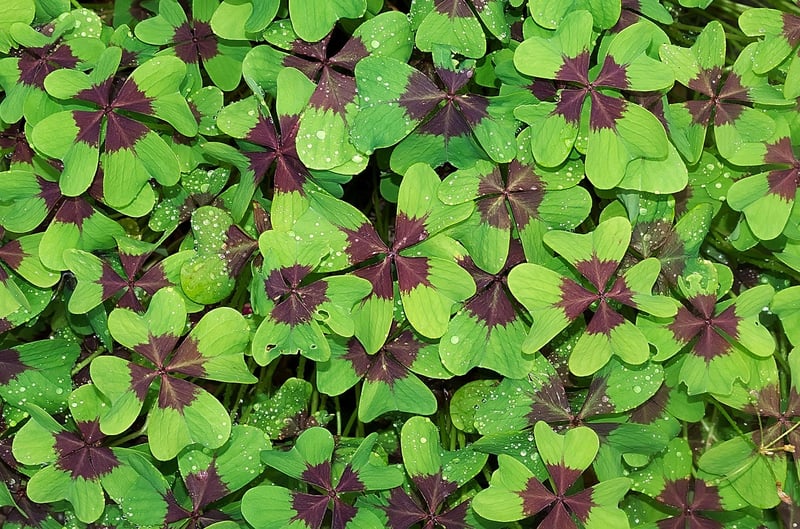Soil Enhancers
Enhance Your Soil Quality with These Effective Soil Enhancers
Proper soil quality is essential for healthy plant growth and a thriving garden. Whether you're a seasoned gardener or just starting, understanding how to enhance your soil can make a significant difference in the success of your plants. By incorporating soil enhancers into your gardening routine, you can improve soil structure, fertility, and overall plant health.
Why Soil Quality Matters
Soil serves as the foundation for plant growth, providing essential nutrients, water, and support for roots. Poor soil quality can lead to stunted growth, nutrient deficiencies, and increased susceptibility to pests and diseases. By enhancing your soil, you create an optimal environment for plants to thrive.
Effective Soil Enhancers
There are various soil enhancers available that can help improve the quality of your soil. Some of the most effective options include:
1. Compost
Compost is a rich source of organic matter that improves soil structure, enhances drainage, and provides essential nutrients for plants. Incorporating compost into your soil can help increase microbial activity and promote healthy root development.

2. Mulch
Mulch helps retain soil moisture, suppresses weeds, and regulates soil temperature. Organic mulches like straw, wood chips, or leaves can gradually break down and enrich the soil with organic matter, improving its overall quality.

3. Manure
Well-aged manure is a valuable soil amendment that adds nutrients and improves soil structure. It enhances soil fertility and supports healthy plant growth. Make sure to use composted manure to avoid burning plant roots.

4. Cover Crops
Cover crops like legumes or clover can help fix nitrogen in the soil, prevent erosion, and suppress weeds. They also add organic matter when tilled back into the soil, improving its texture and fertility.

Conclusion
Enhancing your soil quality with these effective soil enhancers can lead to healthier plants, increased yields, and a more sustainable garden. By incorporating these natural amendments into your gardening practices, you can create a thriving ecosystem that benefits both plants and the environment.
